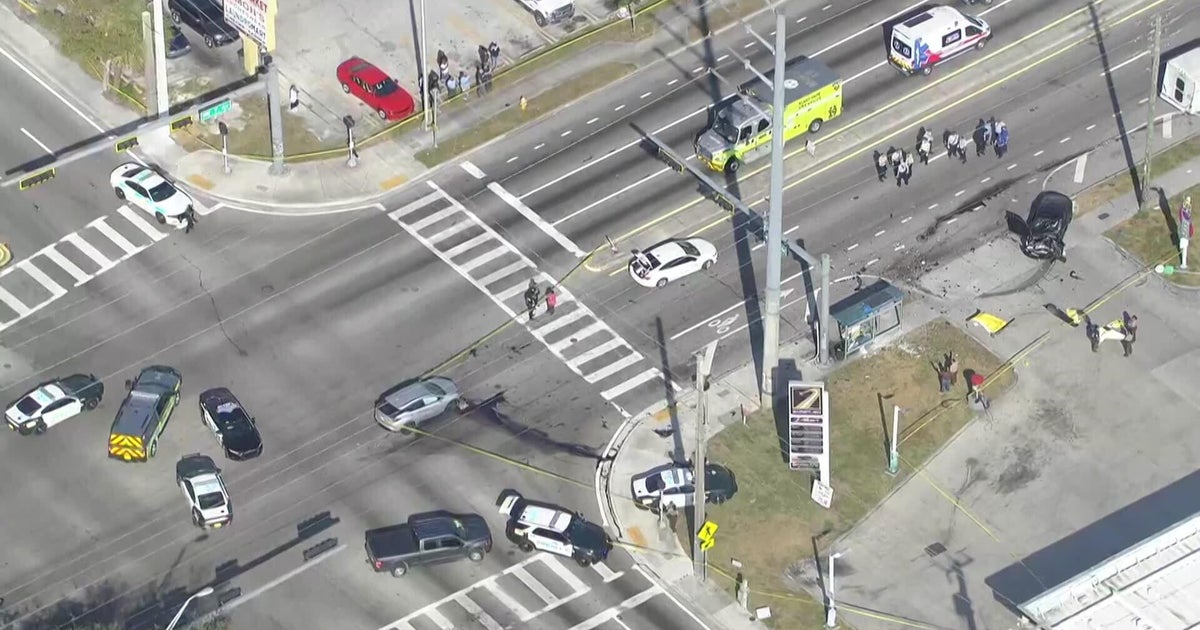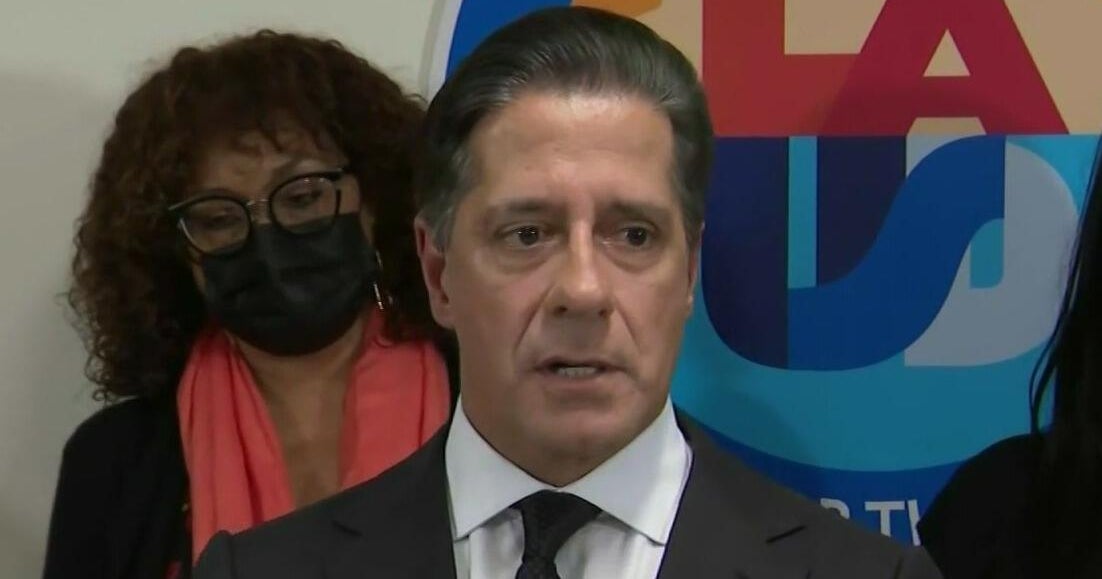MIAMI (CBSMiami) – When Raul Mas drives around his hometown of Coral Gables, he knows he’s being watched and recorded.
“These cameras operate 24 hours a day, 7 days a week, 365 days a year day or night,” Mas said. “It doesn’t matter and those images are being stored for three years.”
READ MORE: South Florida Playing Pivotal Role In Transformation Of Psychedelics As Mainstream Medicine
He’s talking about the ALPR or Automatic License Plate Recognition cameras. There are 14 stationary, three portable and two mounted in patrol cars in Coral Gables.
“I don’t have any criminal background, criminal record. That I know of, I’m not under any criminal suspicious. Yet, the government knows where I am, where I go, what I do, who I hang out with, who I talk to, who my doctor is,” Mas said.
Mas is suing. He said in the first two years of operation the ALPR snapped nearly 400 images of his tag. There are hundreds more now. He’s troubled that the images are stored for three years.
“I am very concerned that information is not being safeguarded properly. And it’s being misused, quite frankly,” he said.
Coral Gables Police Chief Ed Hudak explained, “The only persons that see this information is the police department and only in the furtherance to solve a crime or apprehend a subject.”
Chief Hudak said guardrails are in place.
“Nobody in my department can just unilaterally start following somebody through the ALPR system. One it doesn’t align itself to do that, plus we have safeguards in place when the system is look at in a historical nature,” Chief Hudak said.
The cameras are monitored in the Criminal Intelligence Center at the police department. When CBS4 News was allowed in, we were only seeing only the CCTV cameras. The ALPR system is off limits to us and nearly everyone else.
READ MORE: Parkland parents furious following Texas elementary school shooting: ‘They failed our kids again’
“It has to be about a case,” Hudak said. “There has to be a sign off to that where somebody is asked to do it.”
Chief Hudak says since the system was installed in 2017 there have been 280 requests to look at images. And it’s helped them solve numerous crimes.
“We’ve solved car jackings, burglaries, missing persons cases, robberies, burglaries, bank robberies, bank burglaries through our camera system. Both camera and ALPR system,” he said.
Mas’ attorney, Sheng Li, is with the New Civil Liberties Alliance.
“This lawsuit is about an American citizen’s right to privacy in his own town,” Li said.
He calls this warrantless surveillance and a constitutional violation.
“Citizens have a right to privacy to the history of their movements and it’s the extended recording of tracking their movement that violates the expectation of privacy,” Li said.
Mas lost this case in circuit court in Miami-Dade. He’s already filed an appeal and is waiting for the appeals court to hear the case.
License plate readers are used in most communities in Miami-Dade and Broward in some way.
MORE NEWS: Environmental advocates who say Biscayne Bay is dying to gather Wednesday to find solutions
The communities where they are not used include: Lauderdale Lakes, Sea Ranch Lakes, West park, Pembroke Park and Lazy Lake in Broward. In Miami-Dade they are not used in El Portal, Surfside, Virginia Gardens and West Miami.



